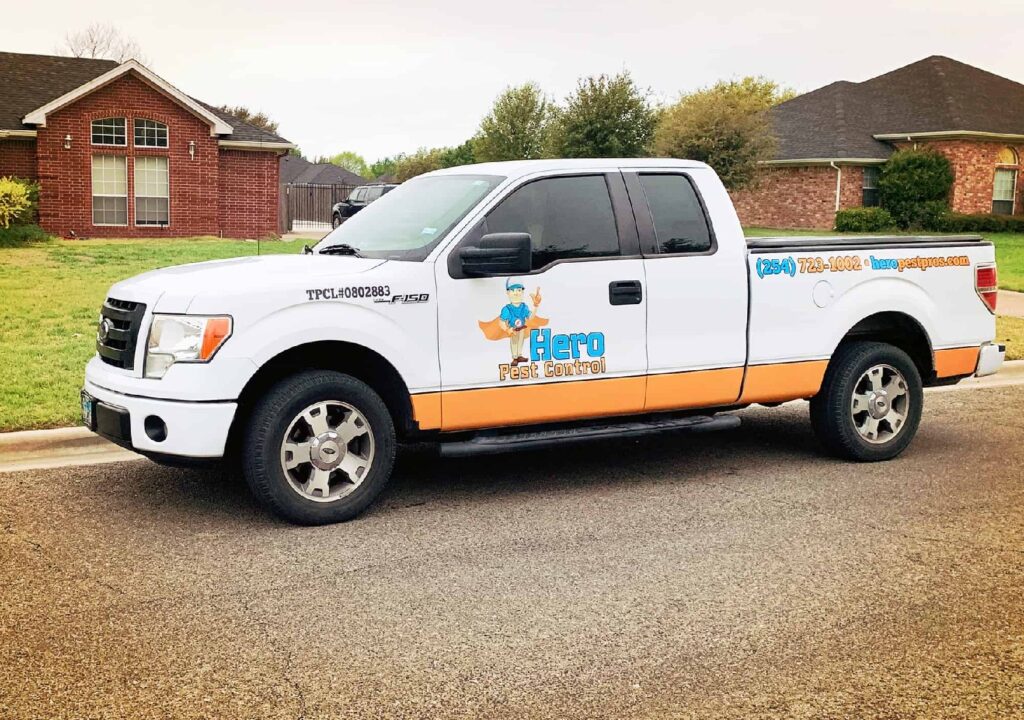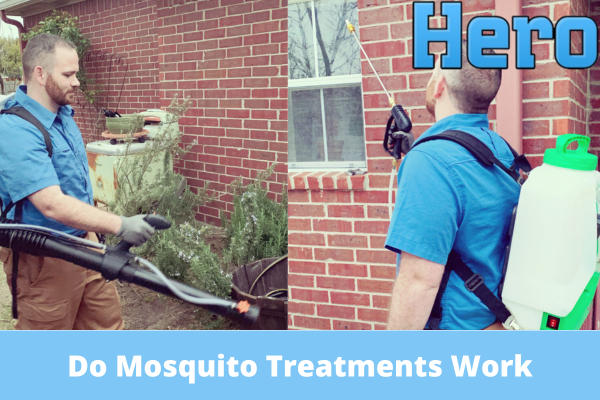Concern over mosquito-borne diseases like malaria, dengue fever, Zika virus, and West Nile virus has prompted many communities to seek ways to rid themselves of these pesky pests. Various mosquito treatments and control methods have been developed to provide respite from these pesky insects while reducing the danger of disease transmission. But do insect repellents work? This blog will talk about common treatments used by mosquito control services, refuting myths, and disclosing facts.

Chemical Sprays and Repellents
One of the most prevalent mosquito treatments is chemical sprays and repellents. Insecticides or natural plant-based repellents such as DEET, picaridin, or oil of lemon eucalyptus are commonly used in these products. When applied to the skin or clothing, they can provide temporary protection from mosquito bites.
While these products can be helpful in repelling mosquitos for a limited time, their efficiency varies depending on mosquito type, ambient conditions, and individual sensitivity. Furthermore, the excessive use of chemical repellents may raise concerns about potential health dangers, especially for youngsters and pregnant women.
Mosquito Traps
Mosquito traps are devices that attract and catch mosquitos. They function by producing compounds that entice mosquitos to enter the trap, where they become stuck and die. Some traps use carbon dioxide, heat, or octanol to attract mosquitos.
Mosquito traps can aid in the reduction of mosquito populations in specific areas. Their success, however, is dependent on correct installation, maintenance, and the species of mosquitoes present. They may be less effective in open places with dense mosquito populations since mosquitoes can fly in from other areas.
Must Read : What Causes a Silverfish Infestation?
Larvicides
Larvicides are chemicals or biological agents that are used to kill mosquito larvae that are in standing water. Larvicides try to reduce the overall mosquito population by treating mosquito breeding places and preventing larvae from growing into adults.
Larvicides are considered environmentally beneficial because they kill mosquito larvae and do not harm other organisms. When used correctly, they can effectively control mosquito populations, but their success depends on constant application and identification of breeding places.
Fogging and Barrier Treatments
The application of pesticides in fine droplets to outdoor spaces is known as fogging. It is primarily used to control mosquitos on a broad basis in communities and during disease outbreaks. To keep mosquitos out, barrier treatments involve spraying insecticides along the perimeter of a property.
While fogging and barrier treatments can lower adult mosquito populations immediately, they are only temporary solutions that may harm essential insects and wildlife in the treated regions.
Wrap Up
At Hero Pest Control, we focus on effective mosquito treatments to make our community safer and more pleasurable. We use a multi-pronged approach to tackle mosquito populations, including larvicides, fogging, and barrier treatments. We believe in environmentally friendly solutions that cause as little harm as possible to beneficial insects and wildlife. Our goal is to make our town a real mosquito-free hero zone, where residents can enjoy their outdoor spaces without being plagued by mosquitoes and in danger of disease.

